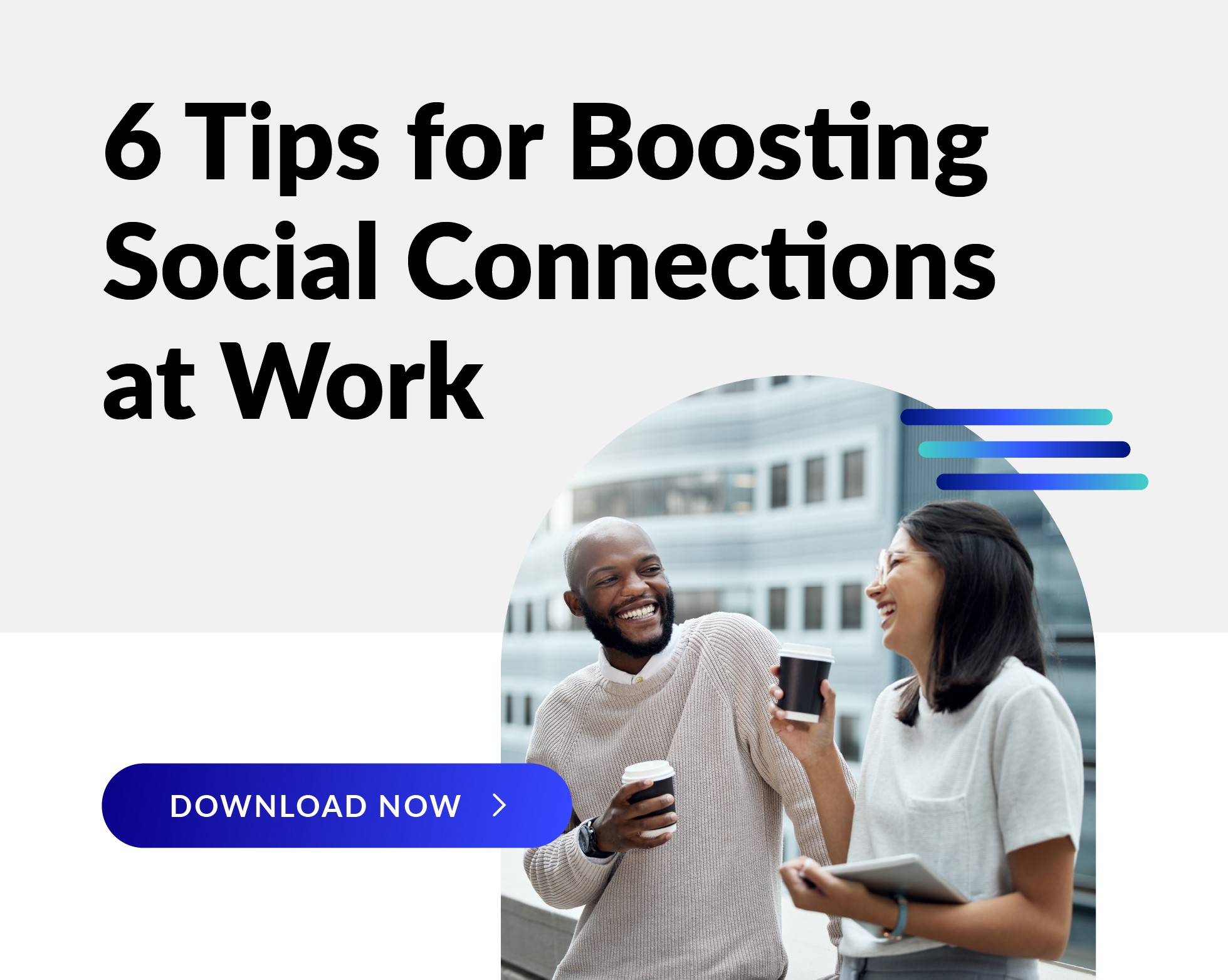Personal health coaching can be a valuable addition to population wellness programs: It gives people a one-on-one connection to another person who cheers them on to better health, conditions, and lifestyles.
But health coaches offer much more than one-on-one benefits for individuals. Onsite coaches, especially, act as feet-on-the-ground wellness champions who influence the entire workplace culture. And, just like those late-night infomercials say, there’s much more where that came from.
1. Health program referrals
All of our health coaching clients have their own wellness program referrals loaded into our coaching case management system. These include other wellness program components, such as EAP, financial services, and onsite fitness centers and clinics. They could also be wellness initiatives, such as a walking challenge at a specific location and time. This means that our coaches can see all of these referrals in our system, with details and contact information, and can even transfer participants to a contact person to encourage connection and engagement. Our account teams work closely with our clients to make sure this list stays updated. This helps ensure that participants engage with other aspects of the wellness program, not just coaching.
2. Communications and point-of-contact
Our coaches are a key part of clients’ communications strategy for internal wellness initiatives such as challenges. Coaches are also the main point of contact for questions about rewards and incentives. Coaches have this information on hand and can help guide people during coaching sessions on what they need to do to earn rewards, point them to new opportunities, and keep them motivated.
3. Ongoing health assessment completions
Coaches encourage participants to continue to take health assessments after year one, so you have accurate information to guide your wellness program. Toward the end of a client’s program year, coaches will encourage people to go back online and fill out another health assessment, to see how their health has changed and also to help them enroll in the coaching program or other wellness initiatives for next year.
4. Health fair & screening support
We regularly send our coaches to health fair and screening events to help educate people about the health assessment, health coaching, and their health in general. This helps people put a face to coaches’ names and makes our telephonic coaching feel much more personal. Having a coach on hand for screenings can also be a great tool to capture the “teachable moment.” Screening participants have a trained professional to talk to as soon as they receive their results, so they can get their questions answered and immediately engage with the right programs, such as ongoing one-on-one coaching.
5. Goal Setting
Coaching sessions are built to help participants set and meet their goals. This can include helping people set goals relating to corporate initiatives such as referrals to other programs, participating in challenges, and setting reminders to participate in screenings. This helps drive engagement with these programs, as well as helping individuals meet their own goals.
6. Program feedback
Our coaches always encourage people who have feedback about the program—whether good or bad—to talk to their human resources representative or reach out to the wellness program administrator. We know how valuable feedback is for our clients, and having a coach’s encouragement can be helpful.


